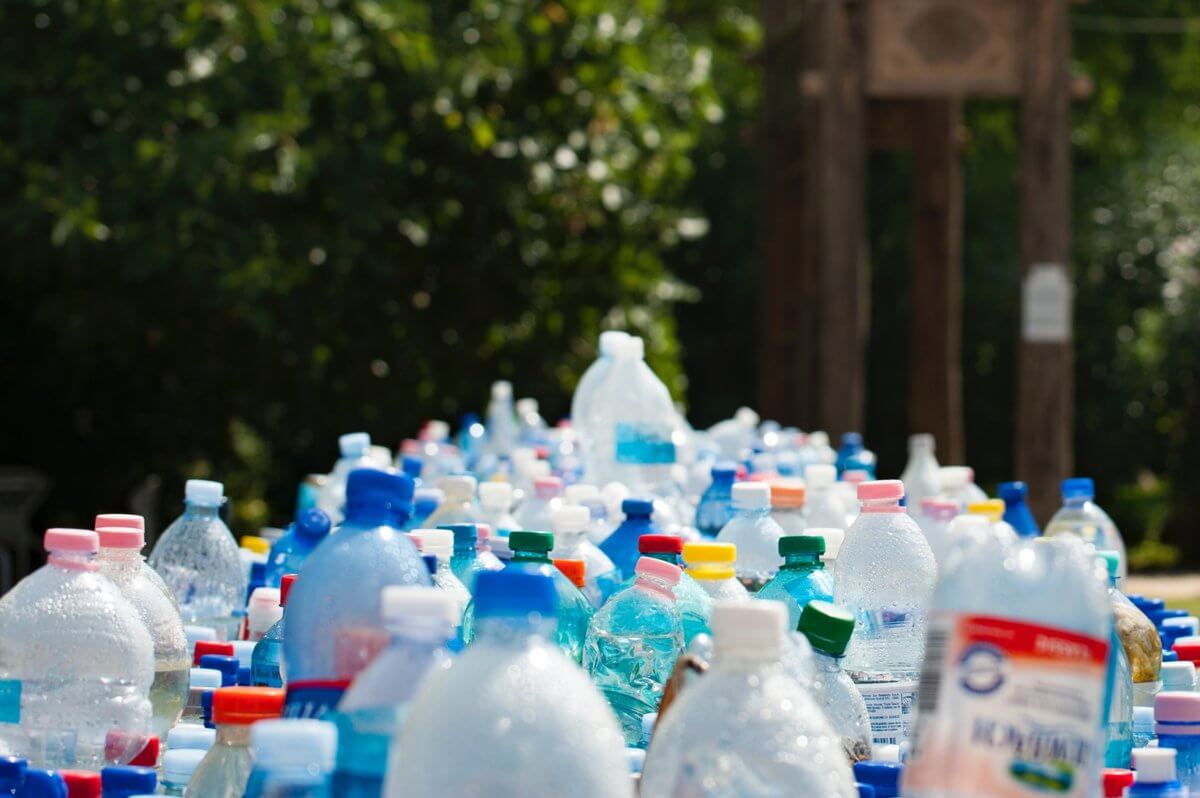It’s no secret that plastic has been a large environmental issue for decades. We’ve all seen ads that showcase the likes of strangled turtles, or the innards of sharks, to highlight the devastating impacts of our excessive use of disposable plastics. Until this year, however, we hadn’t seen a massive global effort to reduce plastic use and waste.
Why 2018, though? Why have organisations, governments and communities from around the globe made this the year to finally take plastic pollution seriously? What is making the likes of #plasticfree and #WASUP (War Against Single-Use Plastics) become global trends?
This growing momentum was kickstarted by a wave of renewed research attention, across the globe. In January 2018, a team at New York’s Cornell University suggested over 11 billion pieces of plastic were lodged in the Asia-Pacific oceans. This four-year study revealed plastic is having a devastating effect on marine life and ecosystems – including those in our very own Australian reefs. Prominent studies like this one gave other researchers a platform to voice their concerns and their own findings regarding the effects of plastic pollution.
The focus on plastic pollution continued to grow thanks to the public support of some much-loved science and environment figures. For instance, Sir David Attenborough standing beside the corpse of a baby albatross in his documentary Blue Planet II made for a striking and attention-grabbing scene. He explained the baby had died after consuming a sharp plastic, fed to him by his own mother, who had mistakenly believed it to be nutritious food for her offspring.
It seems that at this point in time, the cries of researchers and public figures alike can no longer be ignored – inspiring an influx of action against plastics. One of the biggest moments so far this year was the EU’s announcement of its ultimate plan to wage war against plastic waste. According to The Guardian, the EU aims for every single piece of packaging in Europe to be either recyclable or reusable by 2030.
Whilst this plan is a tremendous target of its own accord (so long as the EU follows-through), the pledge had a secondary impact of perpetuating the war on plastic’s momentum. This was exaggerated by the announcement’s timing, which occurred roughly a week before the World Economic Forum on 23-26 January in Davos, Switzerland. It was here that the issue catapulted onto the world stage, in the form of international pledges to act.
Plastics discussions in Davos saw several big companies announce their own solutions and targets for reducing plastics. For example, Coca-Cola made the promise that for every bottle or can it sells, it will recycle a used one. After receiving public and scientific pressure to up their game, Coca-Cola modified their pledge – announcing that they will also increase the recycled content in their bottles from the current seven per cent, to 50 per cent by 2030.
Also in attendance at Davos were the Evian mineral water brand, owned by Danone, who pledged to sell their water exclusively in 100 per cent recycled plastic bottles by 2025. This is a tremendous target, given their bottles currently only contain around 25 per cent recycled plastic.
Pledged action and targets have varied from these more ambitious pledges to the not-so-thrilling – like the UK’s highly criticised plan, for example. Whilst many are rejoicing in the amount of pledged action worldwide, various environmental groups and researchers continue to argue that we need to improve the severity of our targets. More action is needed if we are actually going to be successful in saving our marine life and coral systems.
Also starting to surface are symptoms of rushed and ill-thought-out actions. Take the campaign to introduce a ban on plastic straws, for example. The campaign wanted to ban plastic straws before viable alternatives could be introduced to replace them. Whilst this may not seem like an issue to many people, straws are an important tool used by many people living with disabilities. And most paper or plant-based straws currently on the market just don’t work, or aren’t safe to use, for hot drinks. The campaign, and many like it, had some serious reconsidering to do.
Despite mixed professional opinions, it is the hopes of many that we can still reverse the devastation caused by plastics. Whilst there is a monumental amount of action to be carried out by companies and governments alike in the following years, we still have important roles to fulfil as individuals and active community members. For example, we as voters and consumers have the power to ensure these companies and governments keep their promises and commission the action and viable alternatives to achieve them. We should also stop and consider our very own plastics footprints. And for those of you who can, perhaps you will consider switching out plastics for the likes of keep-cups and drink bottles instead.
We acknowledge the Ngunnawal and Ngambri people, who are the Traditional Custodians of the land on which Woroni, Woroni Radio and Woroni TV are created, edited, published, printed and distributed. We pay our respects to Elders past and present. We acknowledge that the name Woroni was taken from the Wadi Wadi Nation without permission, and we are striving to do better for future reconciliation.
